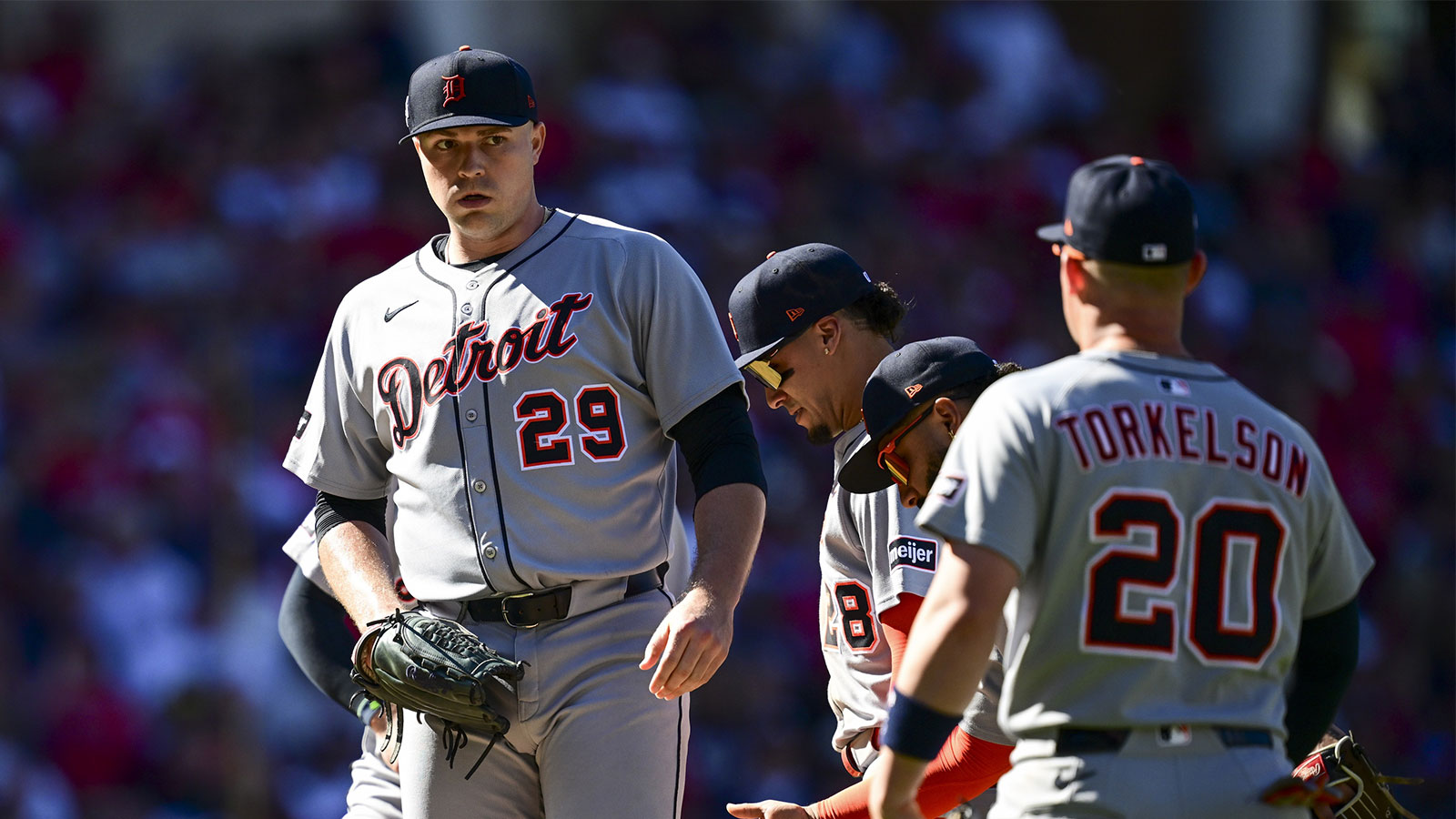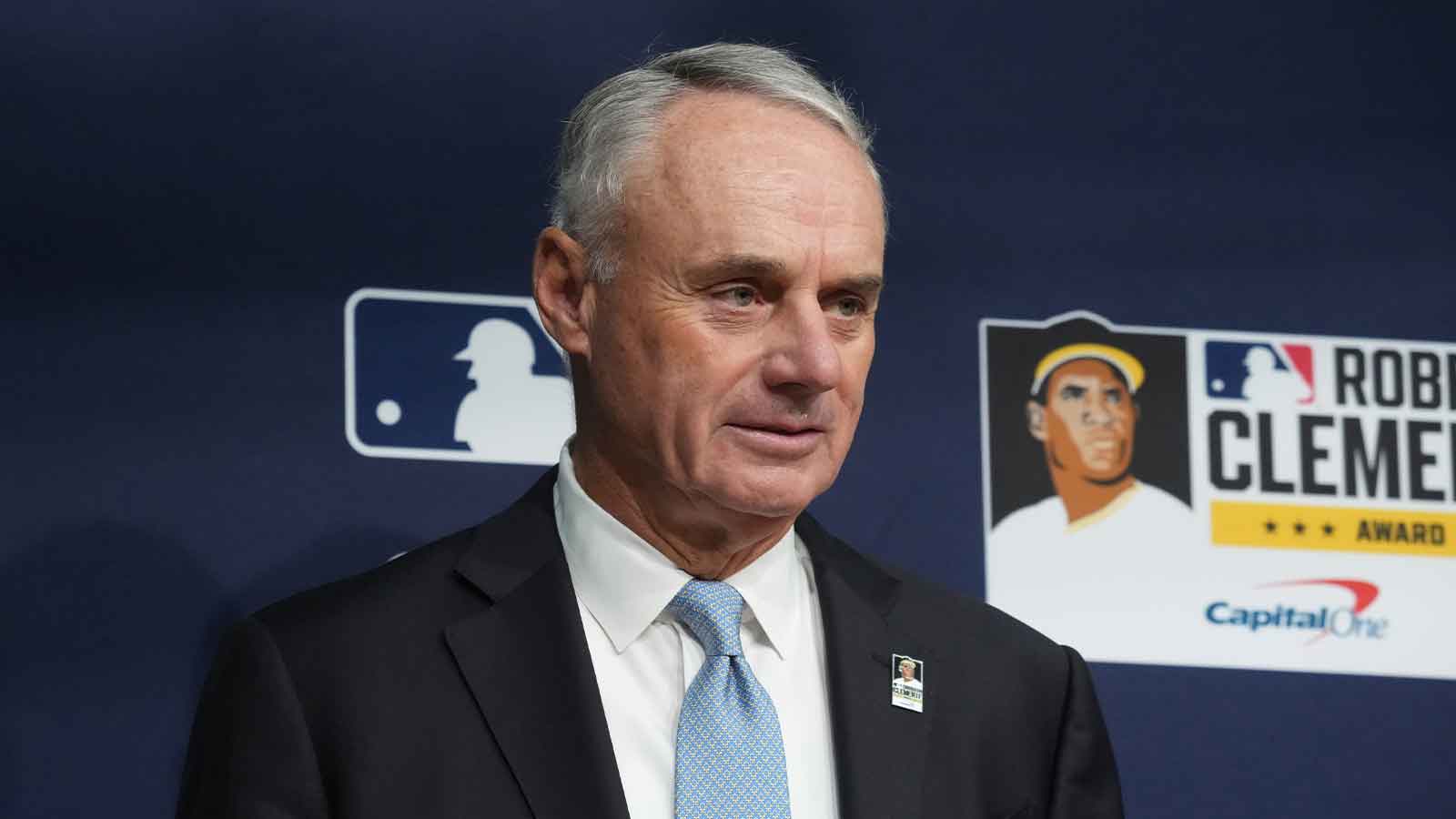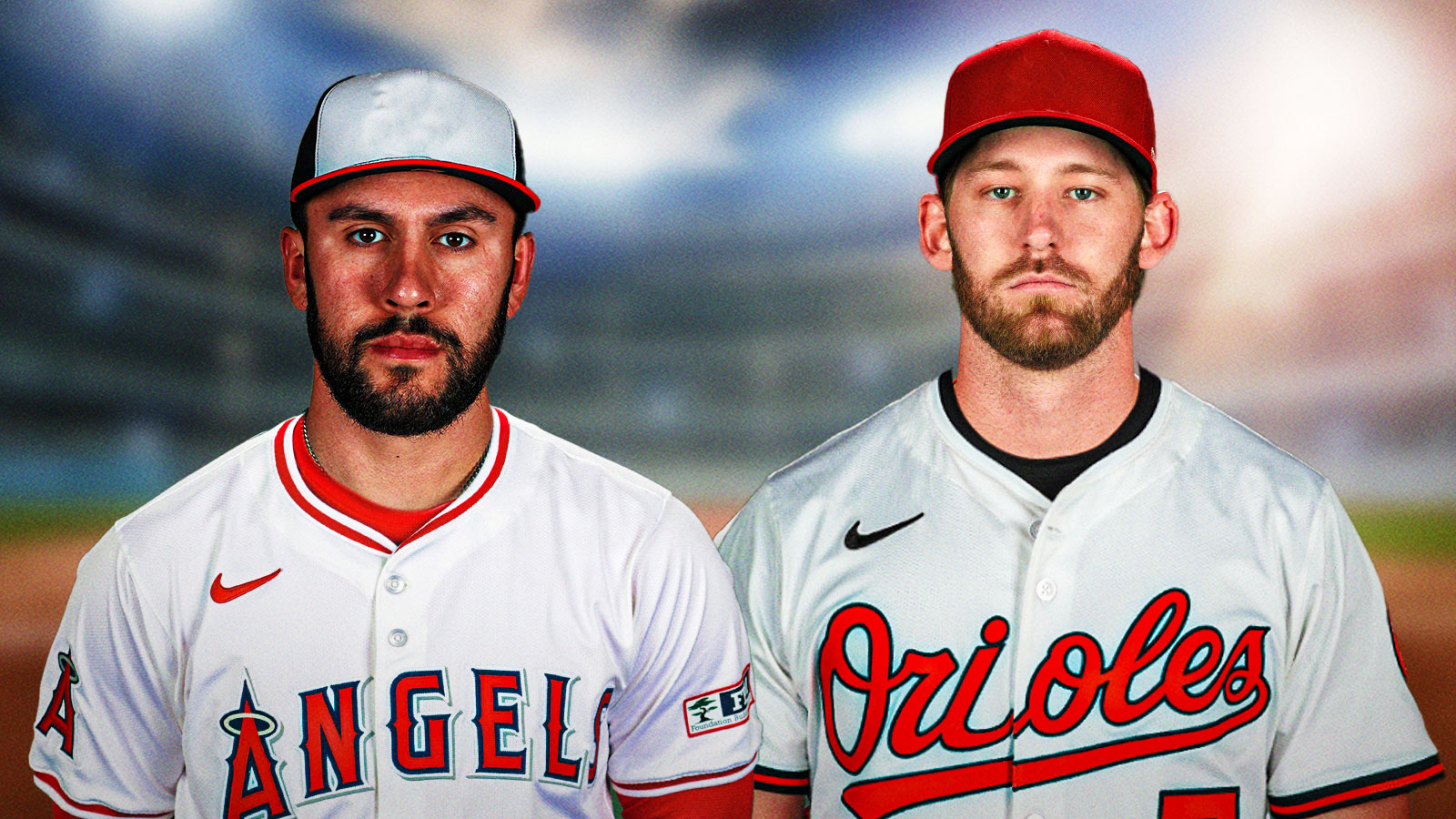Slugger Kyle Tucker enters 2025 MLB free agency after spending the first eight seasons of his career with the Houston Astros and Chicago Cubs, carrying a strong resume that includes a .273 batting average, 748 hits, 147 home runs, 490 RBIs, 456 runs scored, a Gold Glove award, two Silver Slugger awards, and a World Series title in that span. Despite the accomplishments, several clubs in the 2025 MLB free agent cycle are approaching his case with caution. Early evaluations highlight his production but raise concerns tied to a second half decline, injury recovery concerns, a supporting player label, and how teams evaluate long-term value.
Tucker hit .266 with 133 hits, 22 home runs, 73 RBIs, and 91 runs in 136 games during the 2025 season, earning his second Silver Slugger award. But executives continue to focus on a troubling pattern shaping his market. After the 2025 All-Star break, he played 41 games with a .231 batting average, 33 hits, 5 home runs, 17 RBIs, and 23 runs while battling a hairline fracture in his right hand suffered in June. Teams view this second half decline as a red flag for a player expected to command a major long-term deal.
The Foul Territory podcast took to its X (formerly known as Twitter) and posted a clip of USA Today’s Bob Nightengale explaining why teams like the idea of signing the veteran outfielder but remain hesitant to fully commit because of durability and slow recovery concerns. Nightengale laid out what continues to drive that hesitation.
“And I think teams like him, but they don't absolutely love him. This is two straight years now, he's had poor second halves with the injuries. The injuries seem like they take a long time. You know kinda slow recoveries here on these.”
During his Wednesday appearance on the Foul Territory network, the longtime insider expanded on why front offices remain cautious when evaluating his profile as a long-term investment.
These remarks, paired with recent injuries and late-season trends, are shaping the early stages of his market. Teams still value Tucker’s overall production but approach him with measured expectations rather than overwhelming enthusiasm, creating one of the more complex evaluations in this year’s class.


















